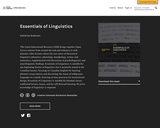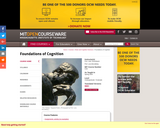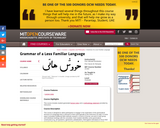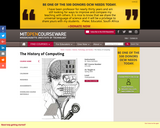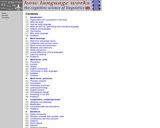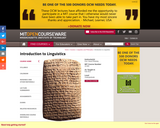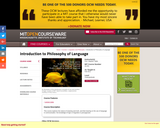The assignment Education for NYC Bilinguals is a final, high-stakes written research paper in ELN101: Introduction to Bilingualism, a course contributing one deposit into the Global Learning Core Competency and Written Communication Ability. The assignment calls for the consideration and application of social, political, educational, and psycholinguistic concepts into the discussion of global and local multilingualism. By completing this assignment, students gain a deeper understanding of linguistic and cultural diversity in the US society and learn to position issues in bilingualism against a global backdrop. The assignment asks students to approach the challenges of education for multilingual New Yorkers from the multiple perspectives of students, parents, educators, and administrators facing a real-life issue that resonates around the globe. The assignment requires that students engage with issues of diversity, power, privilege, and ethical action. It assumes the students‰Ûª emerging understanding of global cities, of which New York City, a place in which they reside, is a prime example.
ELN101: Introduction to Bilingualism is a course housed in the Linguistics Program in the Department of Education and Language Acquisition. It is a writing-intensive, urban study, ePortfolio course offered in two modalities ‰ÛÒ face-to-face and hybrid. The course also fulfills LaGuardia‰Ûªs urban study graduation requirement. ELN 101 is depositing for Liberal Arts: Social Science & Humanities and four options in Liberal Arts at the midpoint for the Global Learning Core Competency and Written Communication Ability. Students in the course have typically taken the ENG 101-102 sequence and many liberal arts majors are concurrently enrolled in ENG 103: The Research Paper course. The ENG sequence of courses provides an introduction to the skill of writing with power and clarity ‰ÛÒ the ability to combine vocabulary with grammatical proficiency, fluency, and cogent organization. The ELN 101 course, also attracting diverse cohorts of students from outside the Liberal Arts majors, including Business, Computer Science, and Natural Science majors, continues this task of teaching writing in the liberal arts tradition, emphasizing, in turn, the writing conventions of social sciences.
The assignment Education for NYC Bilinguals takes several weeks to complete as it incorporates a data analysis research experience for community college students. Students are introduced to the quantitative description provided by the Department of Education (DOE)‰Ûªs Demographic Report and are asked to describe the information as well as infer the information captured by numbers to support their proposal addressed to the DOE. To complete the assignment, in addition to analyzing quantitative data, students review the bilingual education literature to advocate for bilingual learners in the NYC public school system. The assignment is worth 15% of the final grade. In its earlier and the revised versions, the assignment has been implemented in ELN 101 for a number of years. For the majority of students taking the course, this is the most challenging assignment in the course. It requires an analysis and synthesis of a number of elements, on top of deep integration of the many concepts to which the course introduces the students. Acknowledging the difficulty with completing the project, the students, nonetheless, admit that it gives them invaluable knowledge of the NYC public school system, which they, as taxpayers, support, and which they, as current and prospective parents, intend to utilize. Typically, students share their experiences of advising family members on educational opportunities they have learned about through completing this research project. Last but not least, this particular project awakens both social awareness and activism on the part of the students.
The assignment in its final version has benefitted from the feedback of LaGuardia colleagues coordinating and participating in the Learning Matters Mini-Grant 2018-2019.
LaGuardia‰Ûªs Core Competencies and Communication Abilities
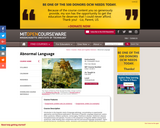
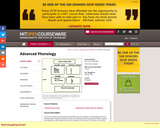

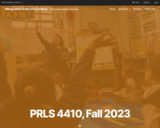
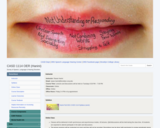
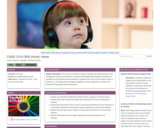
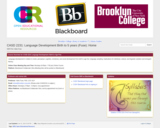
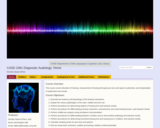
![Case Study: An Urban Bilingual [Linguistics]](https://opened.cuny.edu/static/newdesign/images/materials/default-thumbnail-index.png)
